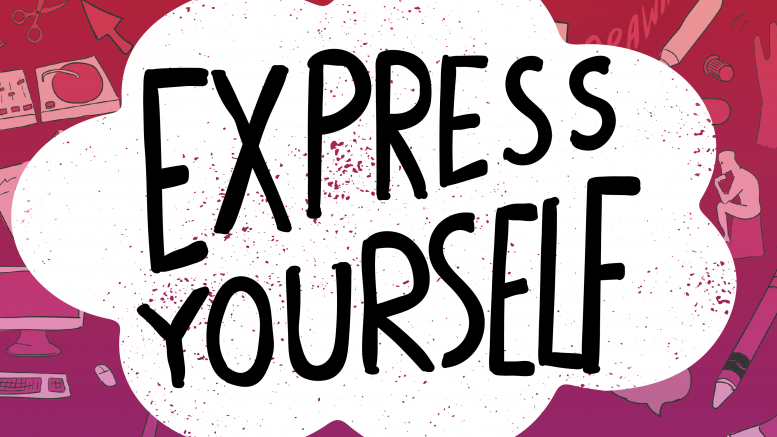“I am grateful that I am not as judgmental as all those censorious, self-righteous people around me.” – anonymous.
Do you think this sums up the world around us?
The dynamics of communications, particularly inter-personal communication, has fast evolved with changing times. It is hard to say if that is so for the better. What I do find missing, be it personal communication or corporate communication, are Acceptance, Genuineness and Empathy (AGE).
Acceptance – Acceptance is all about taking the status-quo – situations or people – as-is. No dissecting, no opinions and no judgments. Respecting one’s feeling, or values or experiences. It is fundamental to develop a thoughtful conversation. There is no room for judgments or criticisms here.
Genuineness – Simply put, don’t fake. The person communicating with you should feel you care. You value what she/he is saying. For instance, many of us tend to glance at our mobile phone screen when someone is talking to us. This has become a common practice. Do we think that it appears impolite? Are we not communicating we are keener to see that email or that message the phone is flashing than what the person sitting in front of us is talking?
Empathy – In today’s time, it is the need of the hour in all forms of interpersonal communications. It is also the most difficult to practice. It is not easy to demonstrate to someone that you hear and understand what they are saying and feeling. We can easily sympathize, we can’t empathize that easily.
In short, it is not obvious for us to accept someone or a situation as what they are or what it is. We think we have the right to our opinions and judgments. The way media platforms are structured, it has made us be more vocal about it and not hide it. When was the last time we stopped and thought about the tenor, tone as well as the substance of what we say? When was the last time we felt, ‘let me stop talking. Let me hear and understand what the person is saying.’ Being judgmental and opinionated have almost become our birth rights.
Doesn’t serve a heuristic purpose
I am not an expert to reflect on the social, cultural changes the society has gone through over the decades. One thing I have noticed in my profession that has changed is the transformation of news channels to debate channels. And it cuts across most languages in India. On these channels we don’t discuss. We debate, argue or command. News channels structure the debate in a manner that different participants take sides for and against the topic. As feelings become quite heated, panelists begin to argue with each other, and finally, the anchor pronounces the verdict.
As viewers, we are watching what is happening. We love the theatrics. We are okay with civility dying a thousand deaths in those debates. We can’t seem to get enough of them. We don’t realise these debates are affecting the way we interact with one another. These days we don’t discuss. We are “just expressing our opinion”. Parents, friends, colleagues, bosses, spouse… everyone seems to be doing it. We have buried the importance of healthy conversation and listening to understand.
As one of the memes currently in circulation goes, “all the depression experts yesterday, who were COVID experts the day before, are today Defense & Warfare experts.”
We are so because we have an opinion and we have a right to express it!
The views and opinions published here belong to the author and do not necessarily reflect the views and opinions of the publisher.



Be the first to comment on "The A-G-E in our communication"